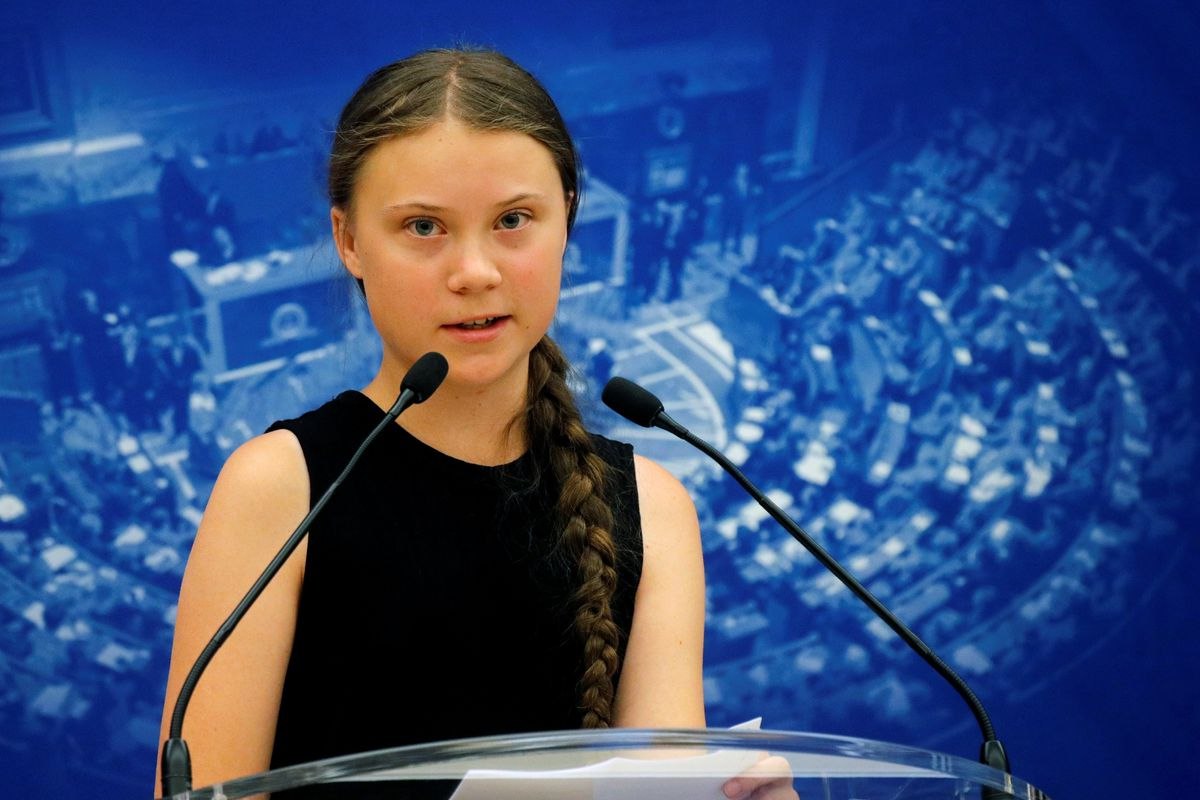The damages of the war in Ukraine have promoted activists like Greta Thunberg to speak up for the countless environmental issues in Ukrainian territory. One example of the massive destruction the conflict brought was the Kakhovka dam collapse on June 6, 2023. After crumbling, the waters killed more than 100 people, destroyed villages, and flooded farmland and nature reserves as it headed to the Black Sea.
Following the collapse, Ukrainian President, Volodymyr Zelensky, said that the situation had been an environmental bomb and it involved mass destruction. On a very similar tone, Swedish activist, Greta Thunberg, utilized the “ecocide” notion and implied Russia in the destructive incident. The young woman told reporters during her visit to Kyiv that:
“Ecocide and environmental destruction is a form of warfare as Ukrainians by this point know all too well, and so does Russia. Our eyes are once again on Russia who must be held accountable for their crimes.”
In spite of the novelty surrounding the term “ecocide,” it has in fact been utilized to refer to environmental destruction and to eventually pass it as an international crime before the International Criminal Court (ICC). In this sense, the use of the word seeks to bring accountability to ecological catastrophes caused by humans, including the Kakhovka dam one.
This legislation might take years to come into effect. However, it has been already studied and some countries such as Brazil, Canada, Kenya, the Maldives, and the UK, have contemplated working on a law to bright light these types of environmental cases. Some experts state that, eventually, the ecocide crime will have to be adopted at some point due to the world’s current circumstances.

